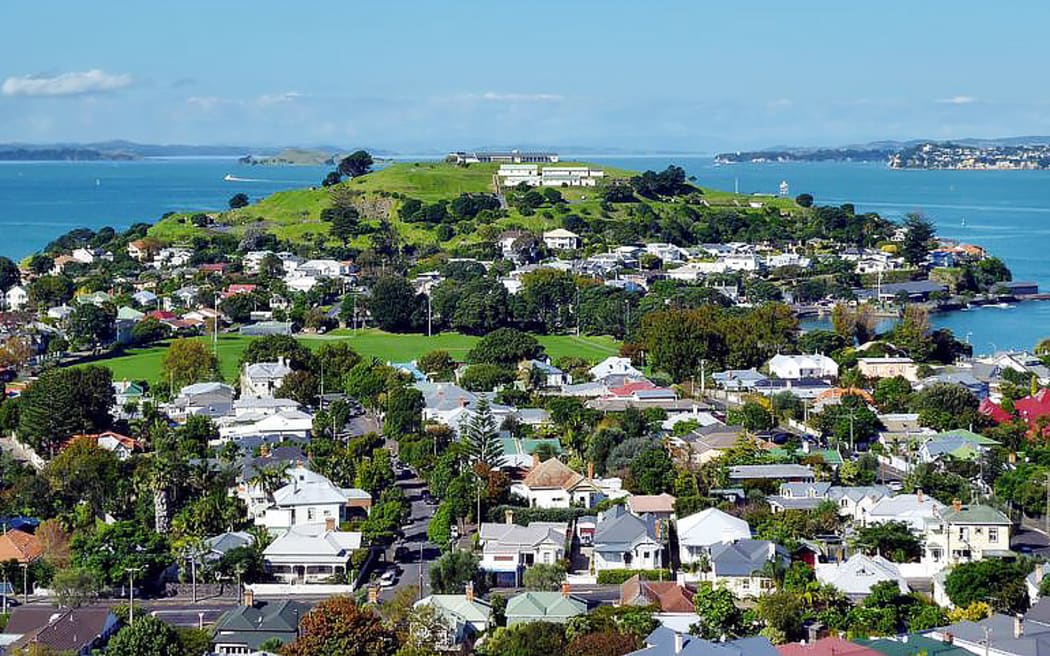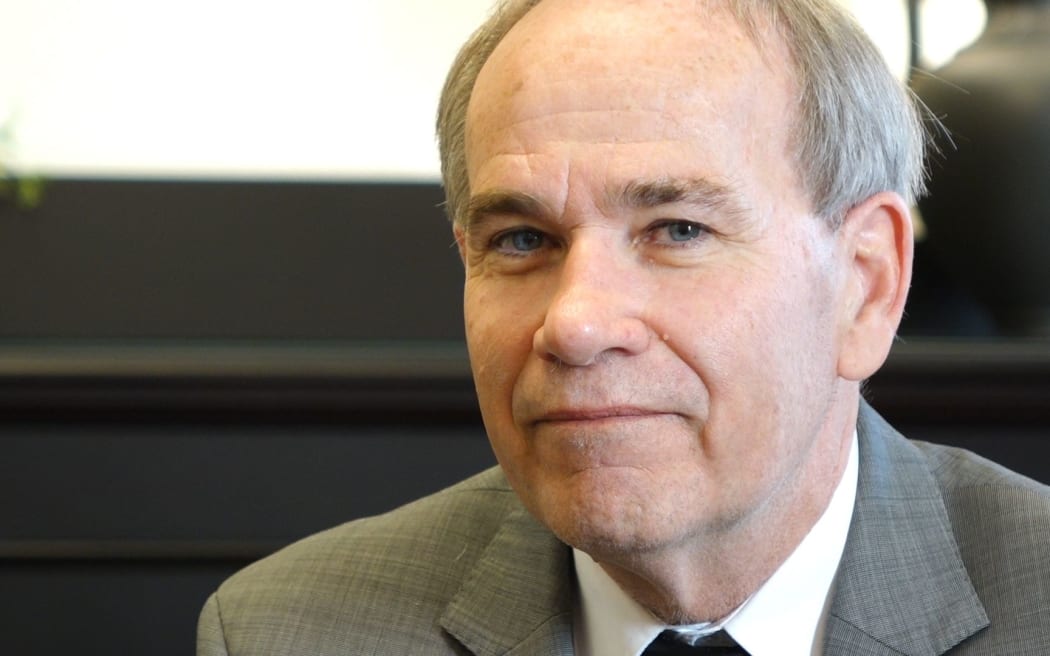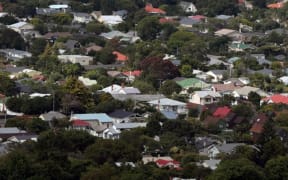An Auckland iwi representative says there is fear natural areas will be lost if the Government reduces the importance of environmental significance in its changes to the Resource Management Act (RMA).

Photo: AFP
Environment Minister Nick Smith confirmed yesterday the Government would push through changes to the Resource Management Act with or without the support of United Future and the Maori Party.

Environment Minister Nick Smith Photo: RNZ / Diego Opatowski
Dr Smith said the RMA made developing low-cost housing difficult in a number of ways, including the weight placed on protecting natural character and heritage.
Ngati Whatua O Orakei representative Ngarimu Blair said local environments could be at risk.
"One fear is that if the Government is just talking about the RMA and heritage and landscape values, that they will be reduced, and I guess relaxed, and a lot more landscapes will be lost."
Mr Blair said the RMA had less of an impact on house prices than factors like the costs of building supplies.
Community and local government
Local Government New Zealand President Lawrence Yule has backed the planned overhaul.
Mr Yule said the act had been tinkered with every year and had grown to encourage excess bureaucracy.
He said any streamlining of the RMA process could cost planning jobs within councils, especially if those roles added no value. Streamlining should speed up the resource consent process and bring down costs, he said.

Photo: 123RF
Resource Management Law Association President Martin Williams said he was not convinced the changes would make a huge impact specifically on the supply or affordability of housing.
But he said councils would be better equipped to make faster changes to plans.
Resource management lawyer Sue Simons said community submissions on planning projects needed to be streamlined but should not be lost altogether.
"The local, affected community has a lot to offer that the experts who are rolled out by developers really don't know about," she said.
"There's all sorts of things the locals will be able to provide insights that the experts will never have."
Auckland Mayor Len Brown said the focus on urban planning would help the city increase its housing supply and he looked forward to working with the Government on the changes.
"We share a common desire to build the world's most liveable city here in Auckland, that we do that with pace, that we do everything we can to make our consenting processes and our planning processes as efficient and effective as possible."
Mr Brown hoped the changes will allow for a stronger focus on the affordable end of the market for apartments and houses.

Auckland Mayor Len Brown says he looks forward to working on the changes. Photo: RNZ / Kim Baker Wilson
Changing the RMA
Dr Smith told Morning Report today that the RMA put great emphasis on factors such as natural character, landscape and heritage with very little weight given to issues of cost.
The Government also wanted a balance, so homeowners had safeguards against environmental problems in their neighbourhoods, he said.
Labour Party leader Andrew Little said none of the proposed changes would make a difference to housing affordability.
Dr Smith said he hoped he could convince United Future and the Maori Party to support the Government's new legislation, which he expected to introduce this year. But if they did not, the Government would proceed with the changes with the support of the Act Party.
The changes Dr Smith outlined were to:
- Add management of natural hazards
- Recognise urban planning
- Prioritise housing affordability
- Acknowledge importance of infrastructure
- Give greater weight to property rights
- National planning templates
- Speed up plan-making
- Encourage collaborative resolution
- Strengthen national tools
- Use internet for simplicity and speed
The Environmental Defence Society has said the changes as presented focus on affordable housing rather than weakening environmental protections.
The society's executive director Gary Taylor said it did have some concerns about strengthening private property rights but there seemed to be no proposals to weaken protections on biodiversity, coasts or landscapes.
Mr Taylor said close consideration of the changes would be needed once the drafting process began.







